
10 Subtle Signs Your Kidneys Might Be in Trouble
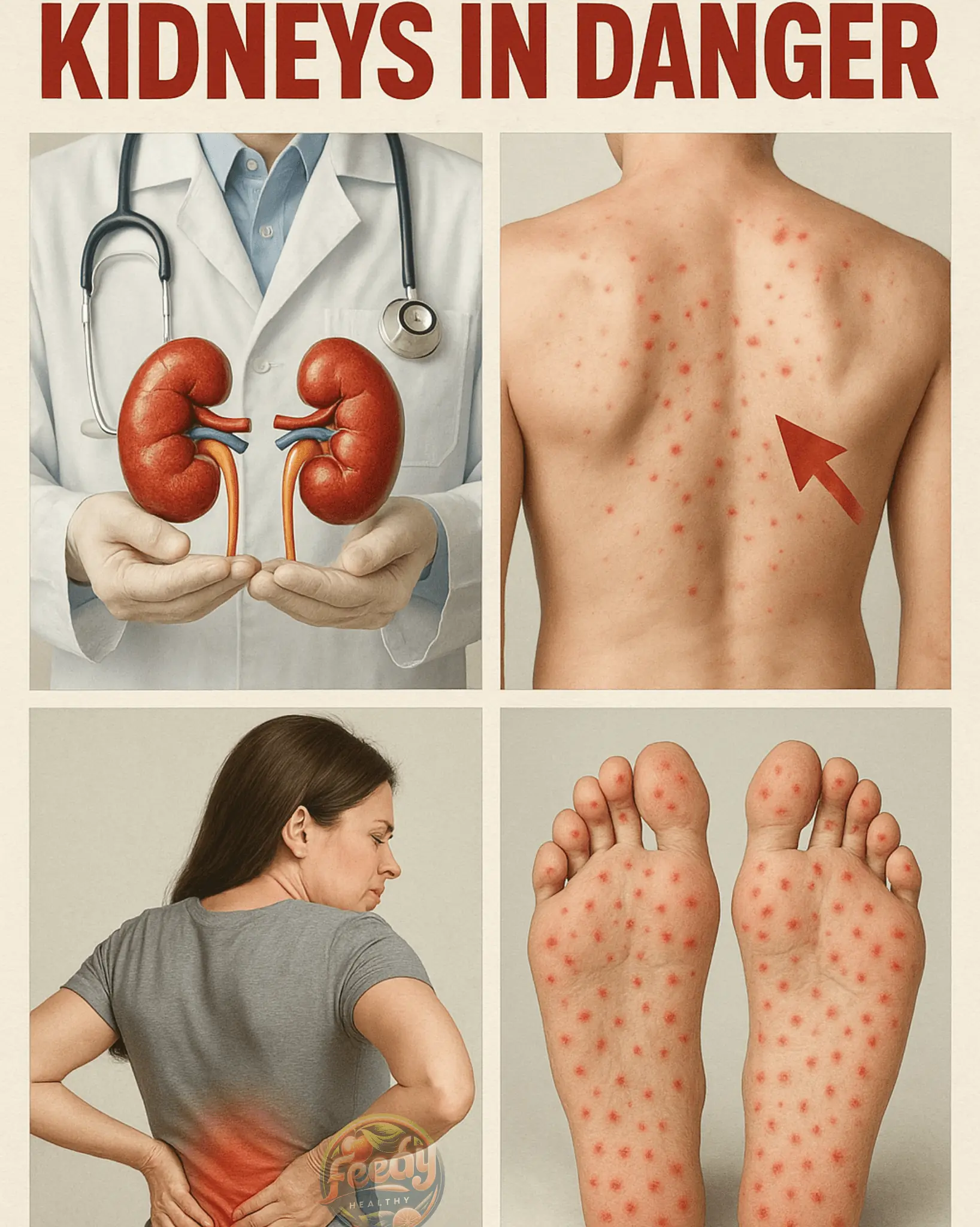
Your kidneys work around the clock to filter your blood, remove waste, regulate blood pressure, balance electrolytes, and support bone health. But when they start to fail, the warning signs are often quiet. Recognizing these early signals can help prevent serious complications.
1. Changes in Urination

This is often the first noticeable sign of kidney trouble. Watch for:
-
Urinating more or less frequently than usual
-
Dark-colored, foamy, or bubbly urine
-
Blood in the urine
-
Waking up several times at night to urinate
These symptoms may indicate that your kidneys are struggling to filter waste effectively.
2. Persistent Fatigue
When your kidneys aren’t functioning properly, toxins build up in the blood, causing fatigue and mental fog. Additionally, reduced production of erythropoietin—a hormone that supports red blood cell production—can lead to anemia and low energy levels.
3. Swelling in the Legs, Feet, or Hands
Kidneys help regulate the body’s fluid balance. When they’re not working efficiently, excess sodium and fluid can build up, causing swelling (edema) in the ankles, feet, hands, or even the face. Persistent swelling should be evaluated by a doctor.
4. Shortness of Breath
Fluid buildup in the lungs or anemia caused by kidney dysfunction can lead to difficulty breathing—even at rest. This is a lesser-known but important red flag for kidney issues.
5. Persistent Itching
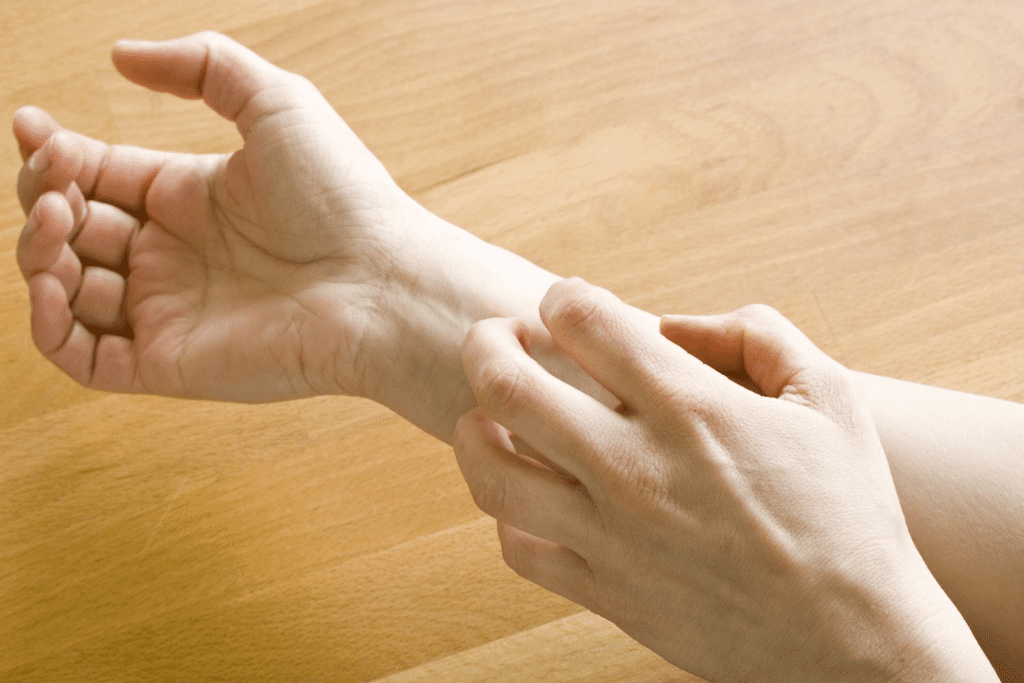
When waste accumulates in the blood, it can irritate the skin, causing unexplained itching, dryness, or rashes. If you’re experiencing widespread itchiness with no clear cause, your kidneys may be involved.
6. Metallic Taste or Bad Breath
An excess of urea in the blood—a condition known as uremia—can create a metallic or ammonia-like taste in your mouth and persistent bad breath that doesn’t go away with brushing.
7. Nausea and Loss of Appetite
Toxin buildup can also impact the digestive system, leading to nausea, vomiting, or reduced appetite. If food starts to taste or smell strange and you’re eating less, it may be more than just an upset stomach.
8. Muscle Cramps or Twitching

Kidneys help regulate essential minerals such as calcium, potassium, and phosphorus. Imbalances can lead to cramps, spasms, or twitching—especially at night. You may also feel tingling in your hands and feet.
9. High Blood Pressure That’s Hard to Control
Kidney damage can cause high blood pressure, and high blood pressure can, in turn, damage the kidneys—a dangerous cycle. If your blood pressure remains elevated despite lifestyle changes and medication, it's time to check your kidney function.
10. Puffiness Around the Eyes
Morning puffiness around the eyes could be an early sign of protein leakage in the urine—often one of the first signs of kidney dysfunction. If the puffiness persists despite good sleep and hydration, consider getting a urinalysis.
When to See a Doctor
If you experience two or more of the symptoms listed above—especially if you have diabetes or high blood pressure—it’s important to get your kidneys checked. Key tests include GFR (glomerular filtration rate), serum creatinine, and urine protein tests.
How to Support Kidney Health Daily
-
Stay hydrated (6–8 glasses of water daily)
-
Reduce sodium and processed food intake
-
Avoid overuse of NSAIDs like ibuprofen
-
Limit added sugars and alcohol
-
Exercise regularly to promote circulation and blood pressure
-
Manage chronic conditions such as diabetes and hypertension with medical guidance
Conclusion:
Your kidneys may be silent, but they play a vital role in your well-being. Paying attention to the small signs now can help you prevent big health issues later.
News in the same category


If Your Kidneys Are in Danger, Your Body Will Send You These 8 Signals — Don’t Ignore Them

The Surprising Effects of Avocado on Your Heart and Brain
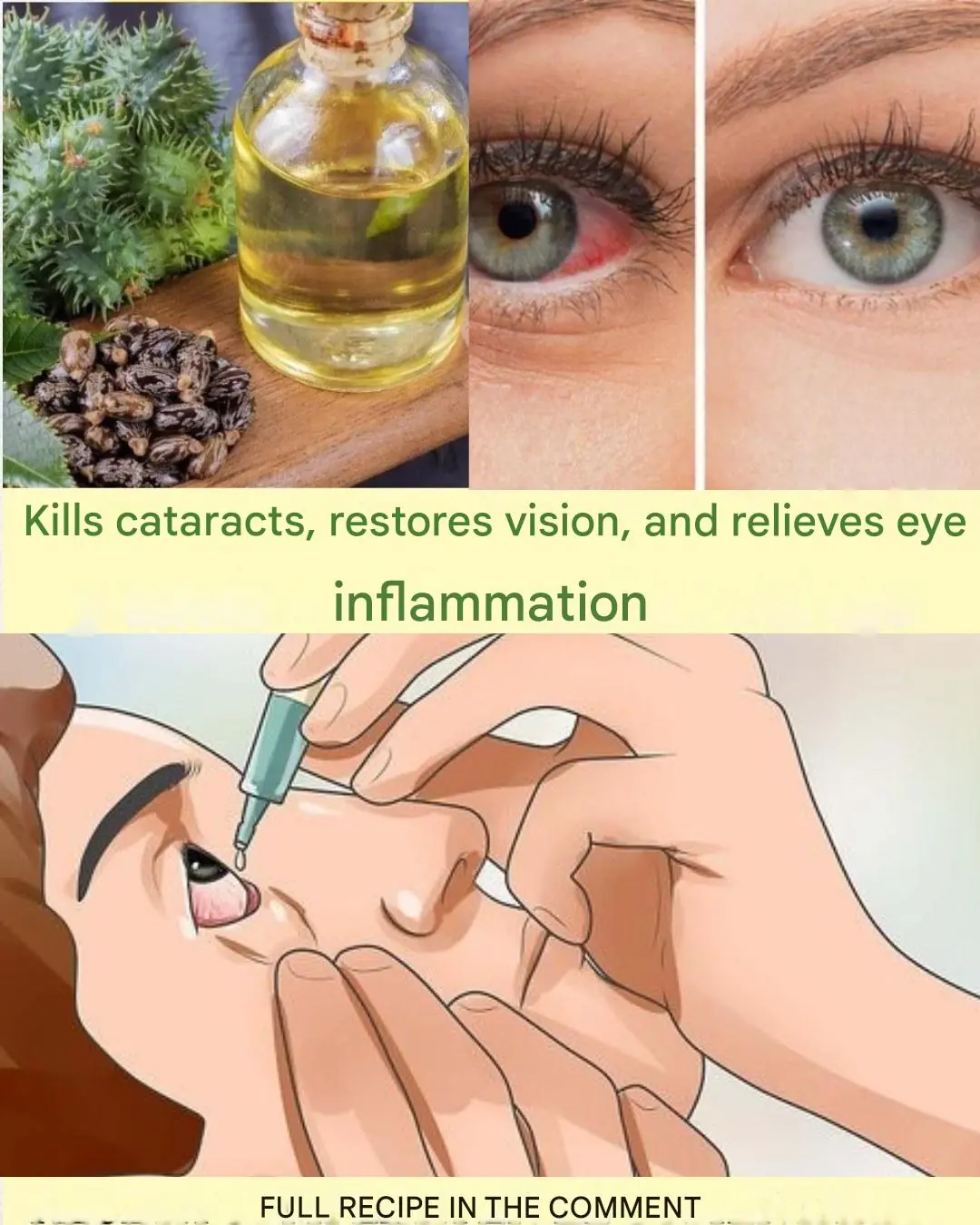
Natural Remedy for Cataracts and Eye Inflammation: Restore Your Vision Naturally

Unlock the Golden Magic of Corn Silk Tea
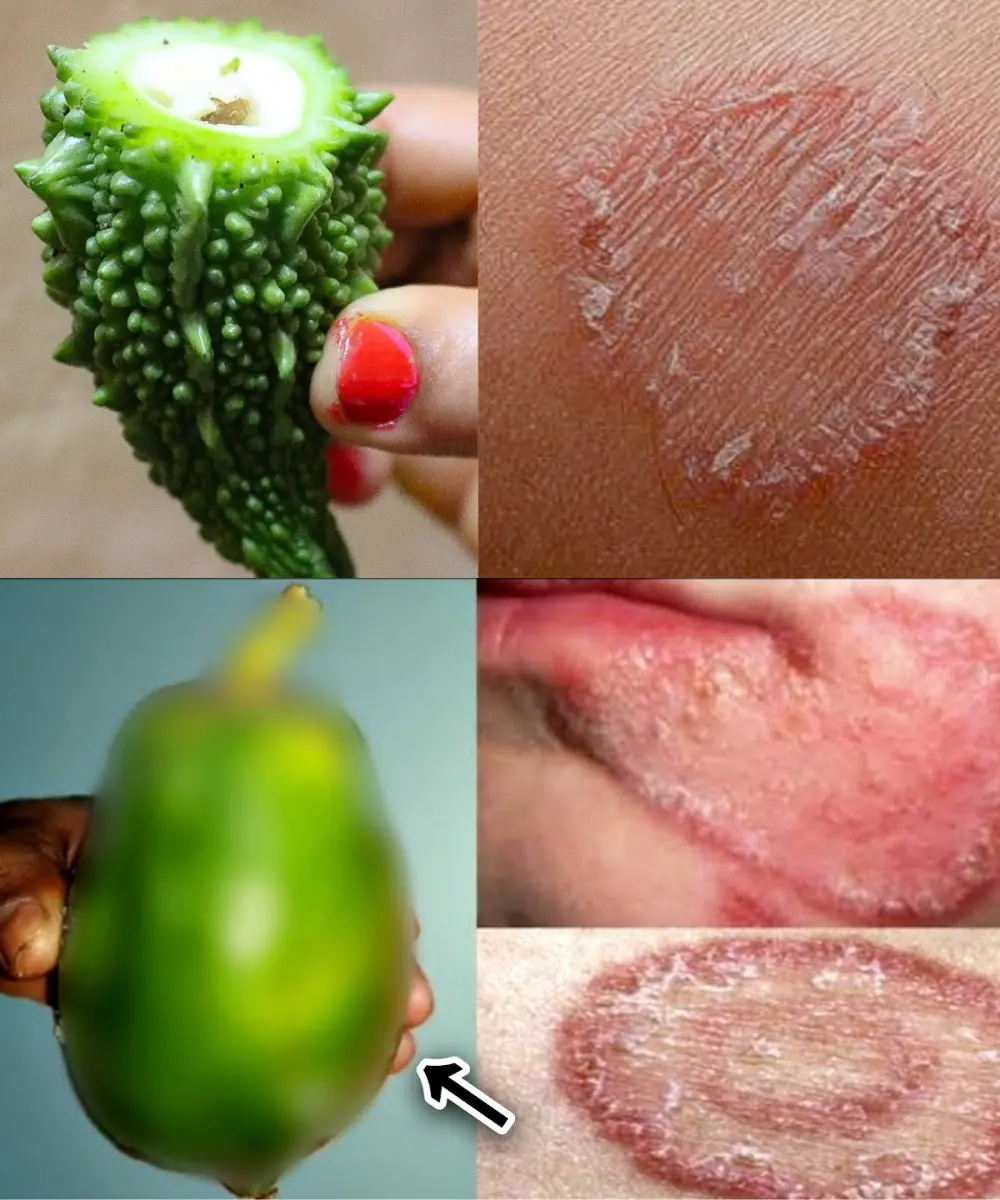
9 Powerful Home Remedies to Get Rid of Fungal Infection (Daad, Khaj, Khujli) Fast

7 Shocking Health Benefits Of Eating Sweet Potatoes Every Day — According To Science

About 15 Minutes Before a Stroke, the Body Often Sends 4 Clear Warning Signs — Call Your Loved Ones Immediately
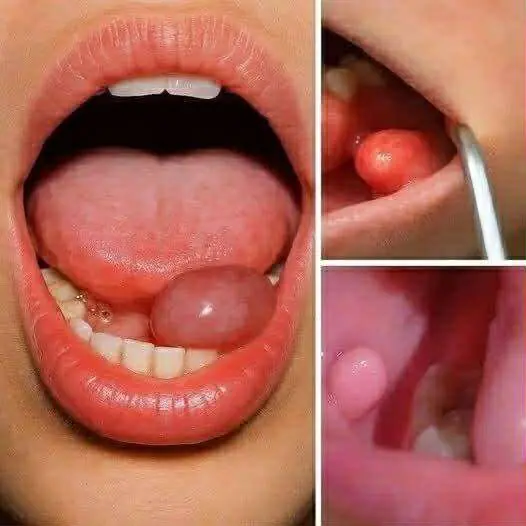
Hidden Dangers in Your Mouth: Early Signs of Oral Cancer

The Secret Power Of The Herb That Helps You Age Gracefully

The Unexpected Benefits of Eating Chicken Feet
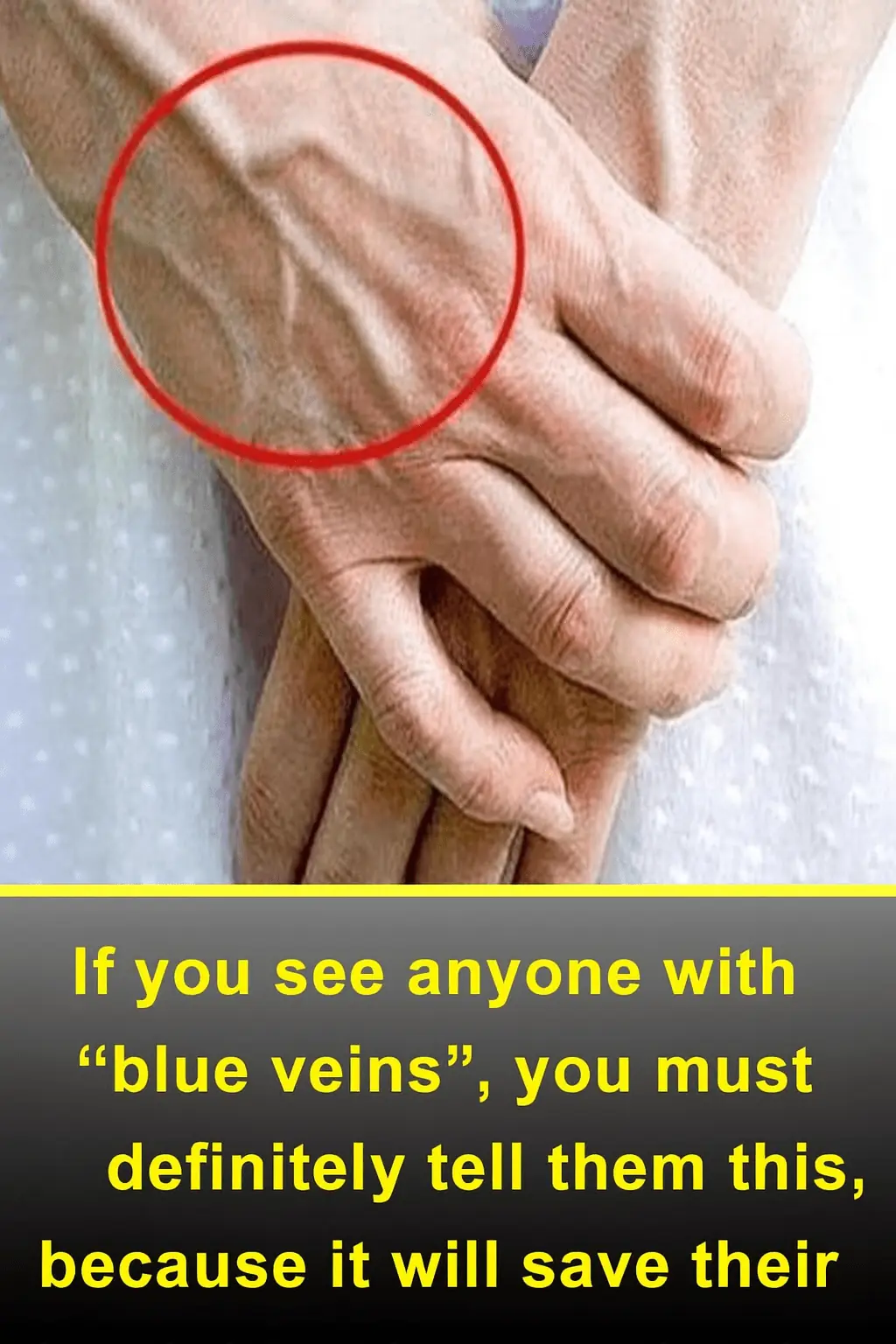
If You See Someone with “Blue Veins,” Tell Them This — It Could Save Their Life
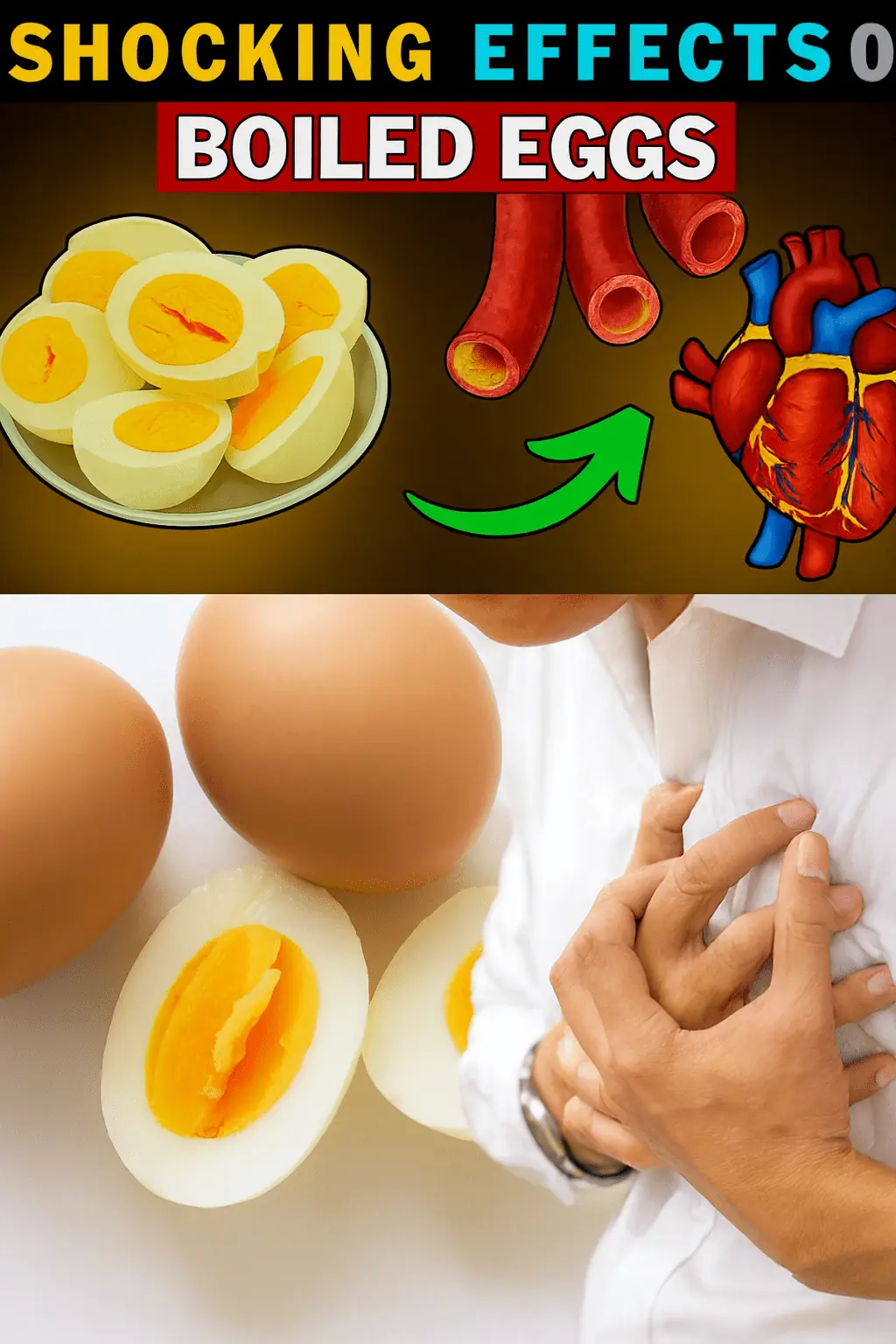
The Secret Power of Two Eggs a Day: Could This Simple Habit Transform Your Health? Buy vitamins and supplements

Man Passed Away After Eating Eggs — Stop Eating Eggs This Way Immediately

8 Foods That Fight Tumors — Eat Them Regularly

Does Eating Bananas Before Bed Have Any Benefits?
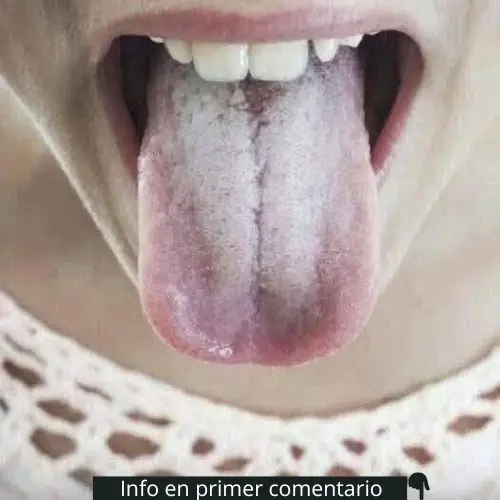
The Tongue as a Health Indicator: Meaning of a Whitish Color

Benefits of Boiled Eggs: Nutrition and Healthy Recipes
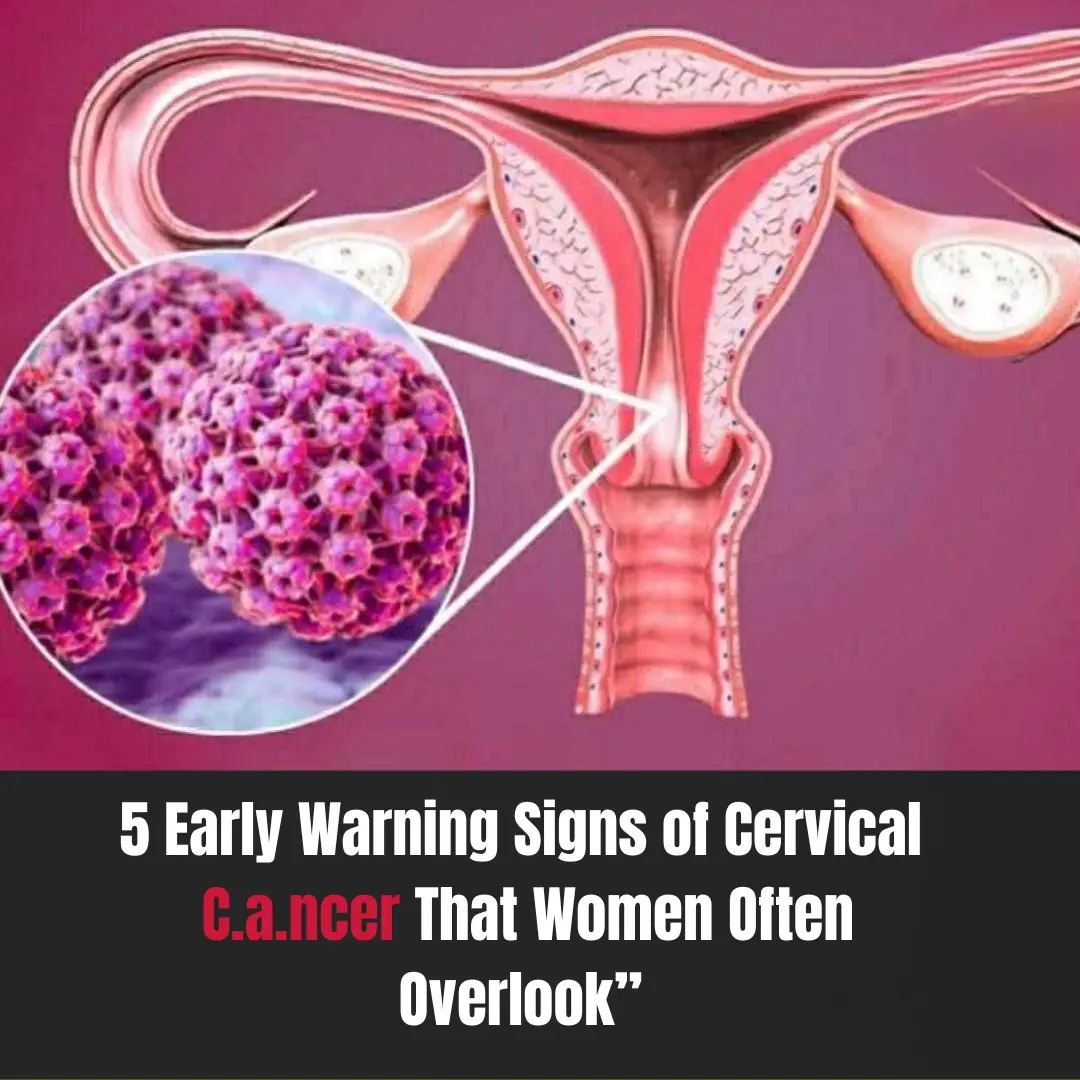
5 early warning signs of cervical cancer
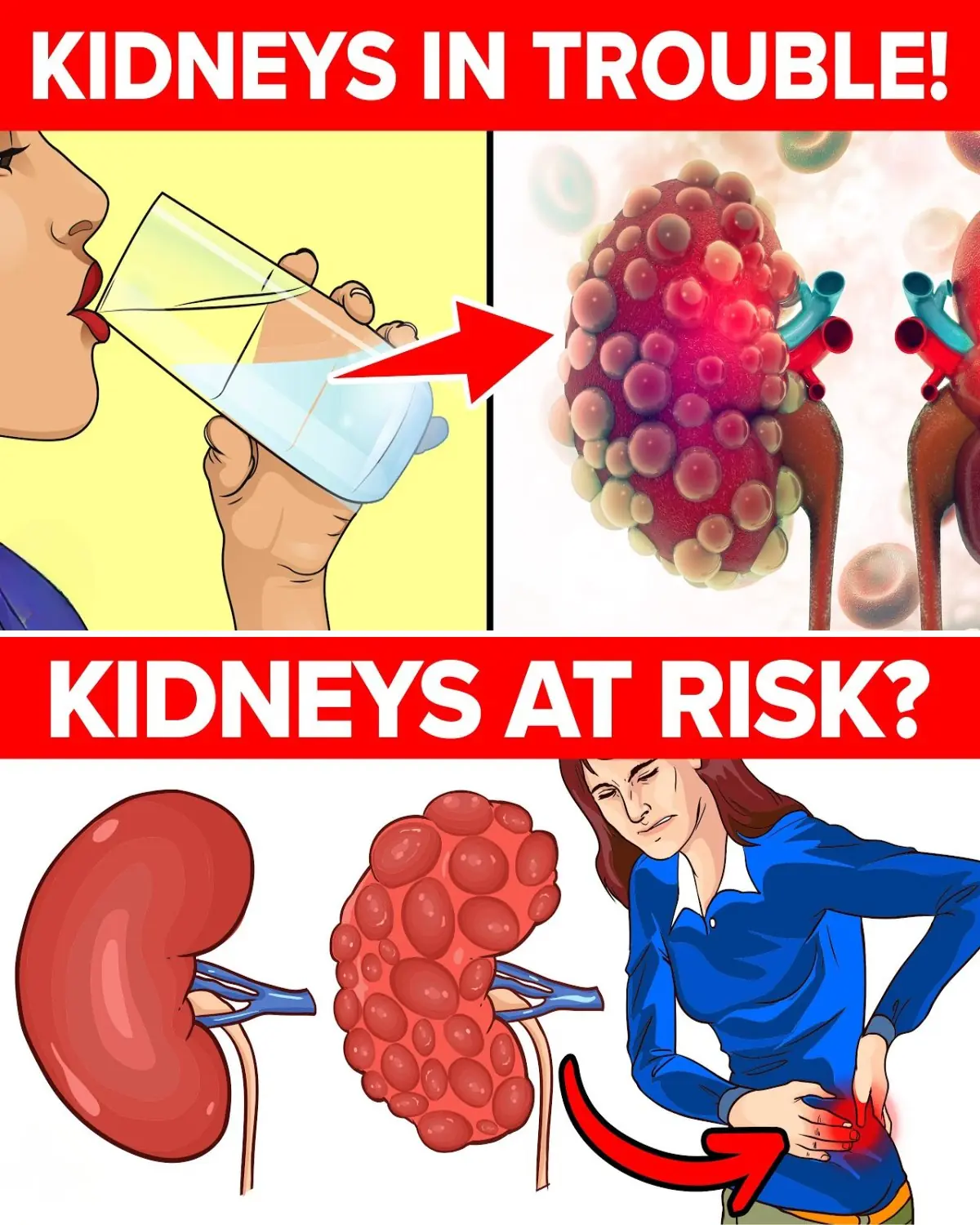
7 Innocent Mistakes That Get Your Kidneys in Big Trouble
News Post

WHAT HAPPENS WHEN WE TONGUE KISS…See more

Nature’s Secret: 4 Healing Leaves That Support Metabolism, Immunity & Circulation Naturally

Don’t Drink Coconut Water Before You Know These 11 Secrets!

Pumpkin Seed Milk — The Natural Parasite Cleanser

Fast Rice Water Trick for a Brighter Smile

Morning Drink to Revive Your Kidneys Fast

The Onion Recipe That Could Transform Your Blood Sugar, Support Cleaner Arteries, and Protect Your Heart!

Top 4 Fruits That Help Your Kidneys Flush Out Toxins While You Sleep

Ginger, Clove, and Honey: The Natural Trio Your Body Will Thank You For

Heal 15 Years of Joint Pain Naturally with Turmeric and Honey Tea

This Juice Revived My Grandma’s Energy — Say Goodbye to Fatigue and Body Pain with This Natural Recipe

The Benefits of Eating 2 Boiled Eggs Every Morning: Transform Your Health!

If Your Kidneys Are in Danger, Your Body Will Send You These 8 Signals — Don’t Ignore Them

The Surprising Effects of Avocado on Your Heart and Brain

Ways to Get Over a Man Who Didn’t Value You

I’m 66 but Look 36 — My Secret? Aloe Vera & Ginger for Firm, Smooth Skin

How to Make Okra Water to Treat 17 Health Problems Naturally

Banana and Egg Mask to Look Younger Even in Your 80s

Scent Leaf Secrets Unveiled: 10 Surprising Health Benefits of This Miracle Herb
